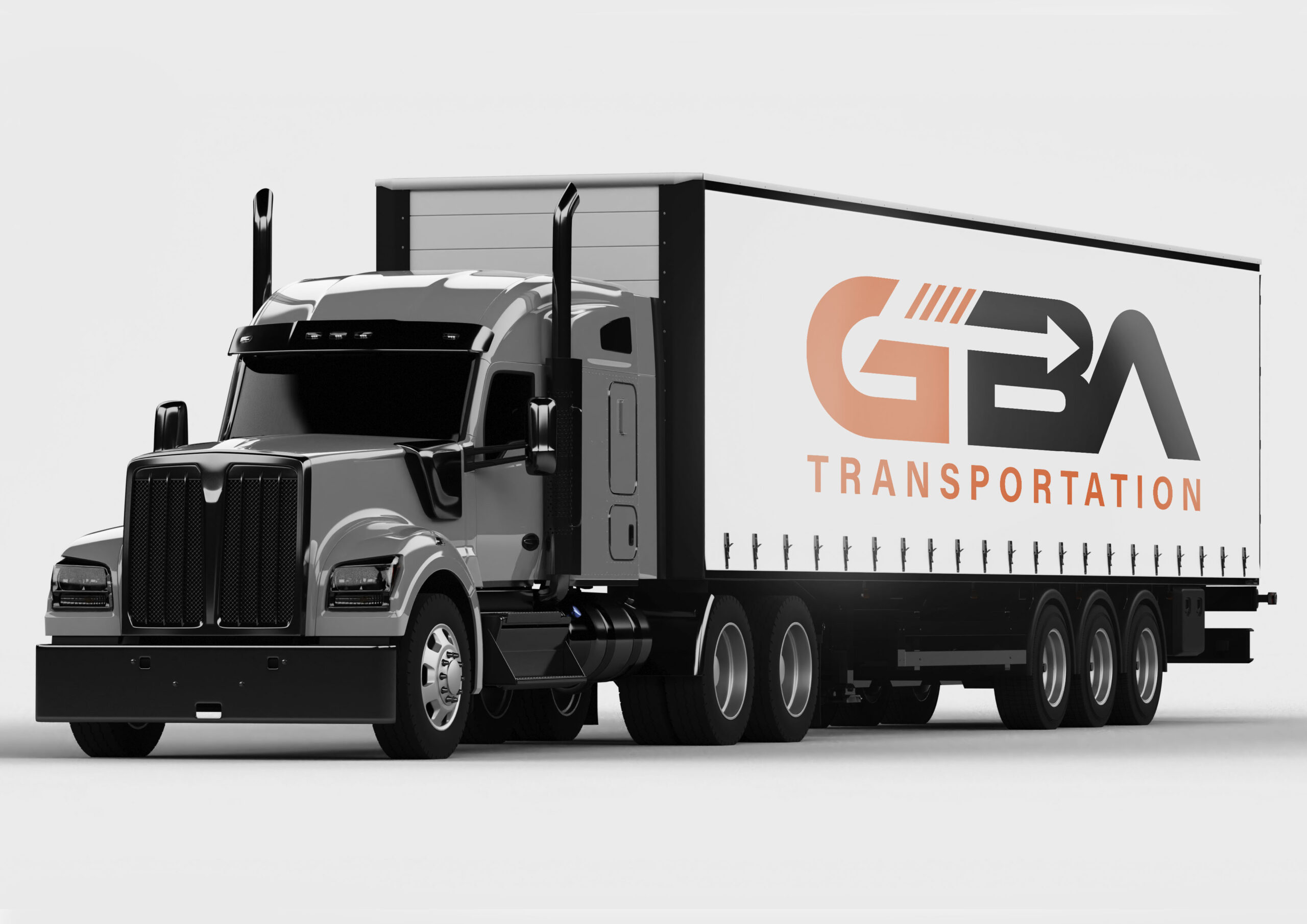- Dry van trailers are a cornerstone of the logistics industry, providing a versatile and secure solution for transporting a wide range of goods. As one of the most common types of freight transportation, dry van loads offer flexibility, reliability, and protection for cargo across various industries.
What are Dry Van Loads?
Dry van loads refer to goods transported using an enclosed trailer that protects the cargo from external elements like weather, road debris, and theft. Unlike flatbeds or reefers, dry vans are not temperature-controlled and are primarily used for transporting non-perishable goods. Common dry van loads include:
- Consumer Goods: Clothing, electronics, furniture, and household items.
- Manufactured Products: Machinery parts, automotive components, and tools.
- Packaged Foods: Canned goods, dry foods, and beverages.
- Paper Products: Office supplies, packaging materials, and books.
Advantages of Using Dry Van Trailers
- Versatility: Dry vans can transport a wide variety of goods, making them suitable for many industries.
- Protection: The enclosed structure of dry vans shields cargo from rain, snow, dust, and other external elements.
- Security: With locked doors and a fully enclosed design, dry van trailers offer enhanced security against theft and damage.
- Cost-Effectiveness: Dry van transportation is often more affordable than specialized trailers, providing an economical solution for general freight.
Challenges in Transporting Dry Van Loads
- Space Utilization: Maximizing the space inside a dry van requires careful planning and efficient loading techniques.
- Weight Distribution: Proper weight distribution is essential to avoid imbalances that could affect the vehicle’s handling and safety.
- Limited Access: Since dry vans are loaded and unloaded from the rear, accessing specific items during transit can be challenging without proper organization.
- Non-Temperature Controlled: Dry vans do not offer temperature control, so they are unsuitable for perishable or temperature-sensitive goods.
Our Expertise in Dry Van Transportation
With extensive experience in dry van transportation, we provide reliable and efficient solutions tailored to your freight needs:
- Optimized Loading Techniques: We use advanced loading methods to maximize space utilization and ensure the safe transport of your goods.
- Secure Handling: Our team ensures that your cargo is securely loaded and protected throughout the journey, reducing the risk of damage or loss.
- Timely Deliveries: We understand the importance of timely deliveries and work diligently to meet your scheduling requirements.
- Custom Solutions: Whether you need to transport a single shipment or manage ongoing freight needs, we offer customized solutions that align with your business goals.
Why Choose Us?
Our commitment to excellence in dry van transportation makes us a trusted partner for businesses across various industries. We prioritize safety, efficiency, and customer satisfaction, ensuring that your cargo is delivered on time and in perfect condition.
Conclusion
Dry van loads are a fundamental part of the logistics industry, offering a versatile and secure way to transport a wide range of goods. Partnering with a reliable logistics provider like us ensures that your freight is handled with care and delivered efficiently.
Contact us today to learn more about our dry van transportation services and how we can support your logistics operations.
